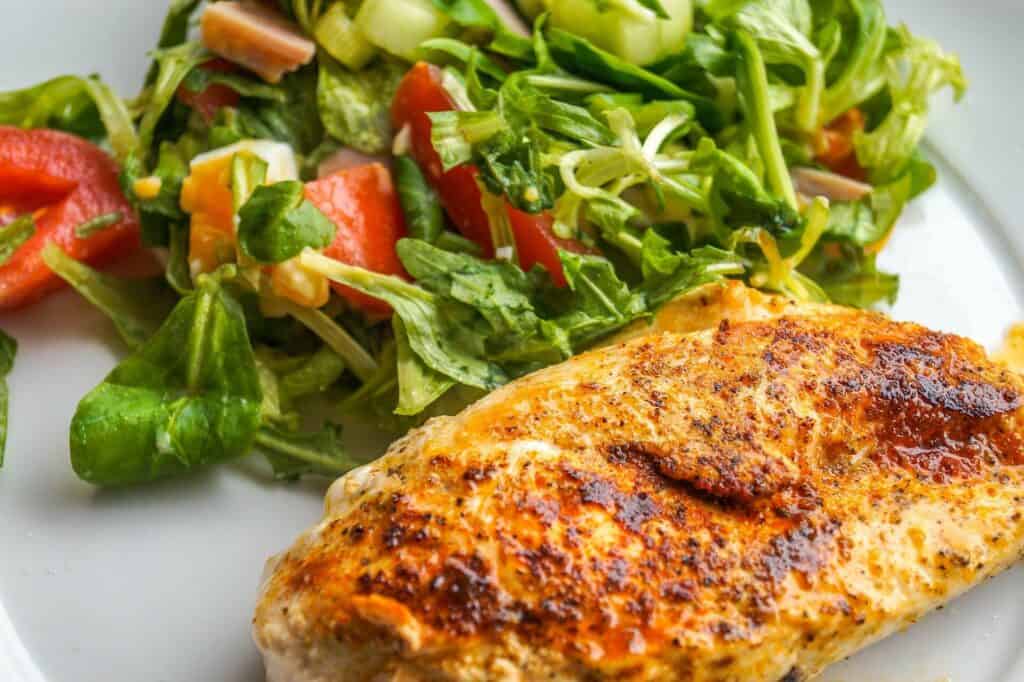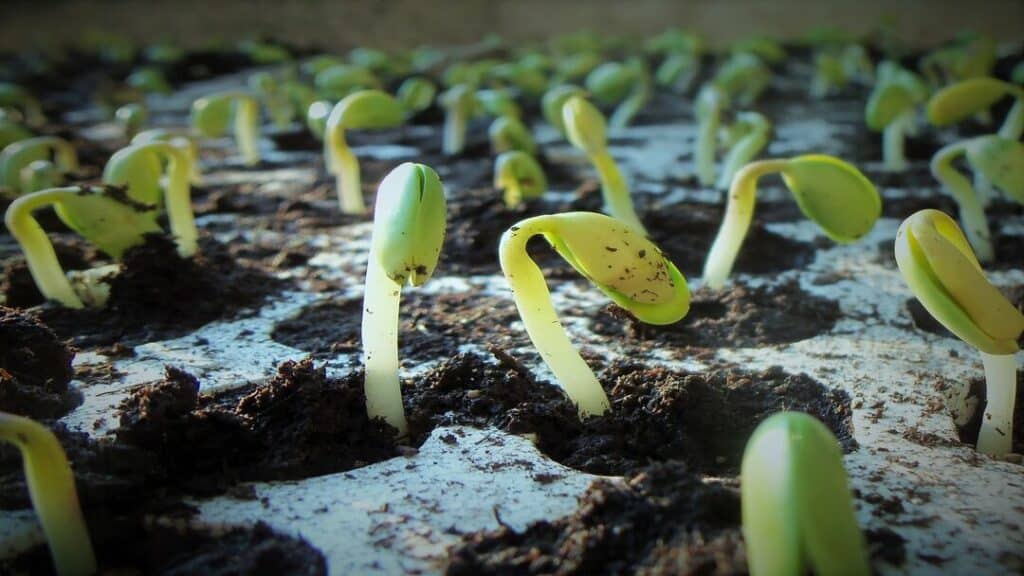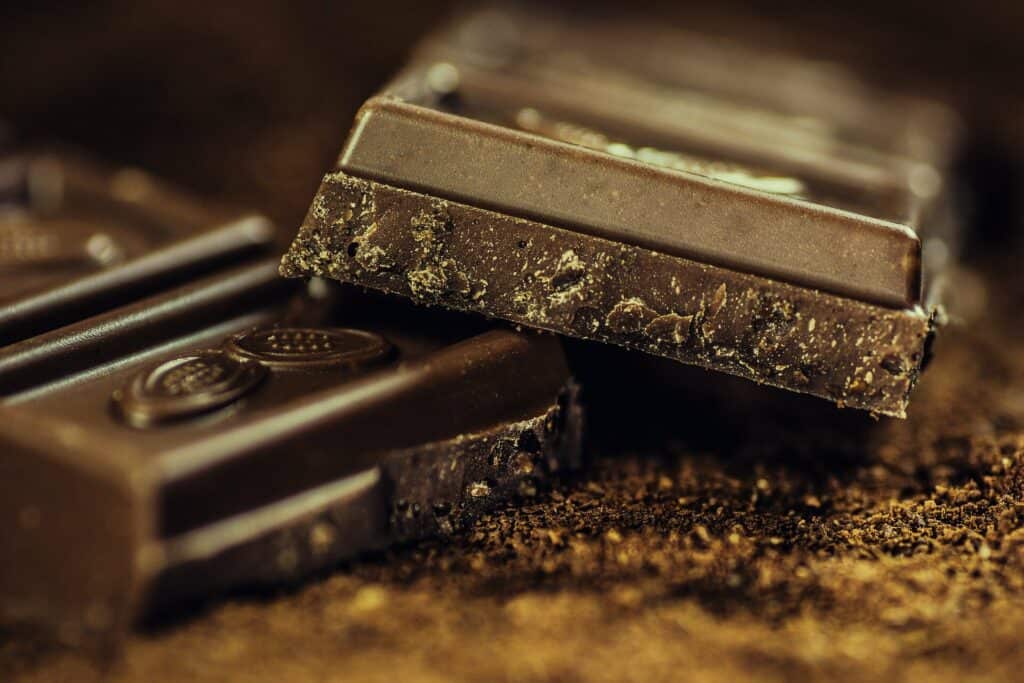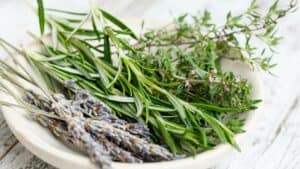
When going through menopause, any help you can get to alleviate symptoms is welcome. Symptoms such as night sweats, chills, hot flashes, moodiness, and weight gain can disrupt your days and nights.
But what if we told you that there are certain foods you can eat that can help combat some of these symptoms? Weight gain is always a worry among women in menopause, and this can be one of your most depressing symptoms.
Today we will look at the best foods for menopause and how they can help you manage your weight and reduce some effects menopause can have on your body as you age.
So let’s get started!
Are you looking for the highest-quality CBD products for women’s health? Check out Hemplily for more information.
Related Links: The 5-Day Menopause Diet Plan For Weight Loss
The Best Foods For Menopause

Table of Contents
ToggleCalcium-Rich Foods
During menopause, you are going through bone loss which can lead to a condition called osteoporosis. 50% of women over fifty will suffer from an osteoporosis-related fracture. Because of this, it’s essential to consistently aim for at least 1000 milligrams of calcium each day.
In addition, Vitamin D is needed to absorb calcium, so you should also focus on eating foods such as salmon and egg yolks that provide sufficient amounts of Vitamin D. Sun exposure is another sure way to get a good dose of Vitamin D.
Eating calcium-rich foods such as yogurt, milk, cottage cheese, and cheese can promote bone density.
Related Links: Menopause and Nausea
Phytoestrogen-rich foods

Phytoestrogens occur naturally in plants, and when consumed, they act similarly to how estrogen would react in a person’s body.
You can find these naturally occurring plant compounds in foods such as soybeans, tempeh, tofu, soy milk, miso, and edamame.
A study for the Alleviation of Vasomotor Symptoms (WAVS) looked at women who were experiencing more than two hot flashes per day.
They divided these women into two groups and gave one group ½ cup of cooked soybeans each day, and the other group got nothing.
Amazingly, the study resulted in the group that had been given the soybeans having a decrease in hot flashes by 79 percent. Even after the study, 59 percent of the women that were given soybeans said they no longer had severe hot flashes.
Whole Grain Foods
Whole grain foods such as wheat, barley, steel-cut oats, brown rice, and bulgar should be incorporated into your diet during menopause.
Whole grains have tons of nutrients packed into each serving, including healthy amounts of Vitamin B, iron, fiber, folate, potassium, and magnesium.
Diets high in whole grains can also lead to decreased risks of heart disease and cancer.
Are you looking for CBD products to help ease your menopausal symptoms? Visit Hemplily.com for our unique women’s health products.
Spices and Herbs
Eating spicy foods has been known to trigger hot flashes, so in turn, you should try to avoid them and aim to satisfy your taste buds with more mild seasonings.
Mild spices like bay leaf, basil, cinnamon, cardamom, lemon balm, oregano, thyme, sage, and rosemary are all excellent choices when choosing to season your food.
Eating Chocolate During Menopause

We know you would love to start popping those delicious See’s Candy morsels, but that’s not exactly what we mean by eating chocolate.
There was a small study done on 19 postmenopausal women that showed that they didn’t gain any weight by eating small amounts and that higher consumption of chocolate in the morning helped with burning fat and reducing the amount of glucose in the blood.
Another study recently reports that eating chocolate more than once each week may reduce cardiovascular events by eight percent. If you are going to incorporate a little more chocolate into your diet, you might want to go for dark chocolate because of its ability to help lower blood pressure and heart disease.
Water
Drinking enough water isn’t just good for keeping hydrated. Dedicating the practice of drinking more water during menopause can help reduce vaginal dryness, improve skin appearance, and decrease bloating.
The best way to determine whether or not you are getting enough water is to judge by the color of your urine. If your urine is bright yellow, you aren’t getting enough. If it’s clear, that’s exactly what you want.
You don’t have to drink water to get hydrated. You can fulfill your water requirements by eating watermelon, and strawberries, drinking tea and having soup.
Want to find more methods for managing menopause? Find out about alternative methods for reducing menopause symptoms by visiting Hemplily.com.




